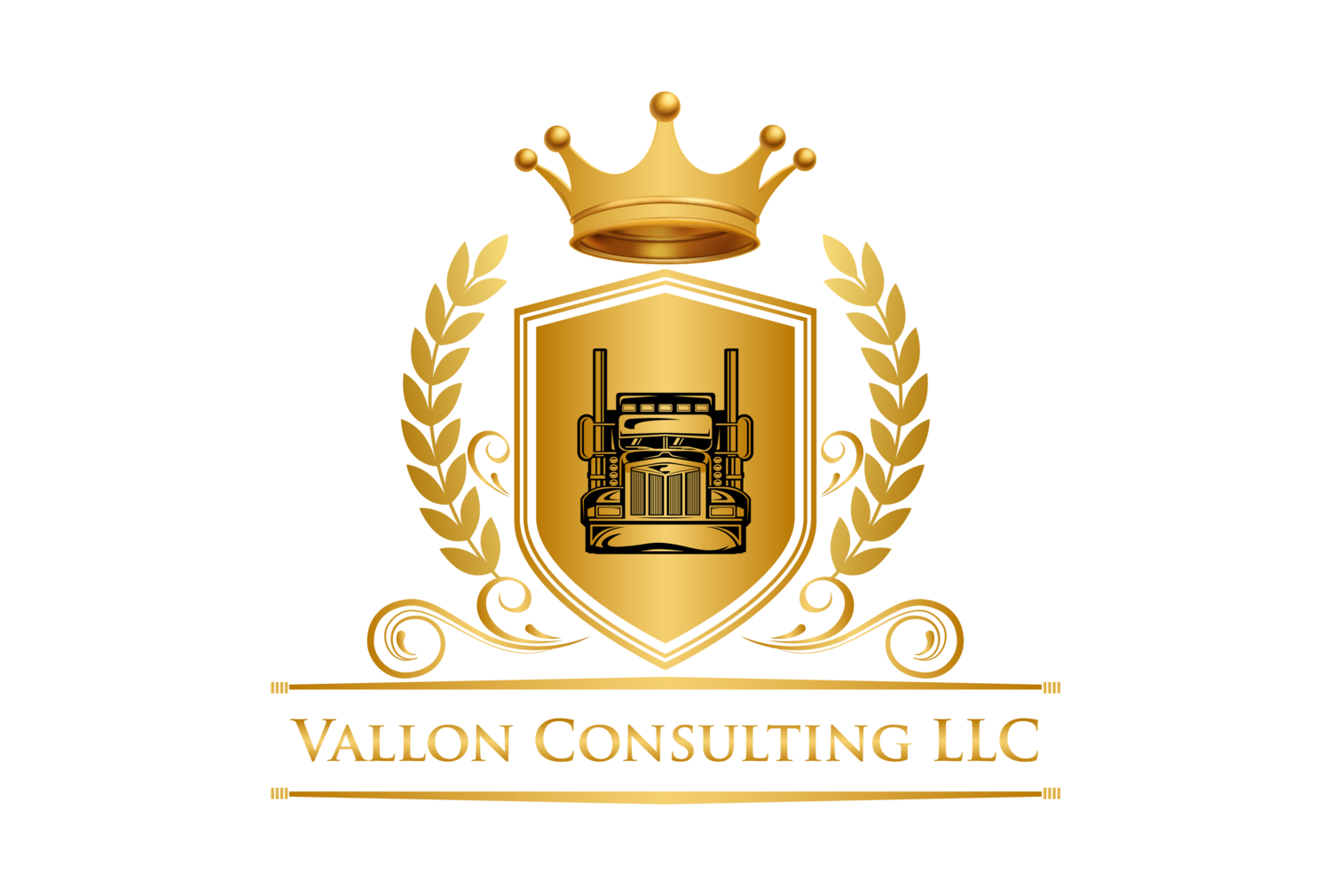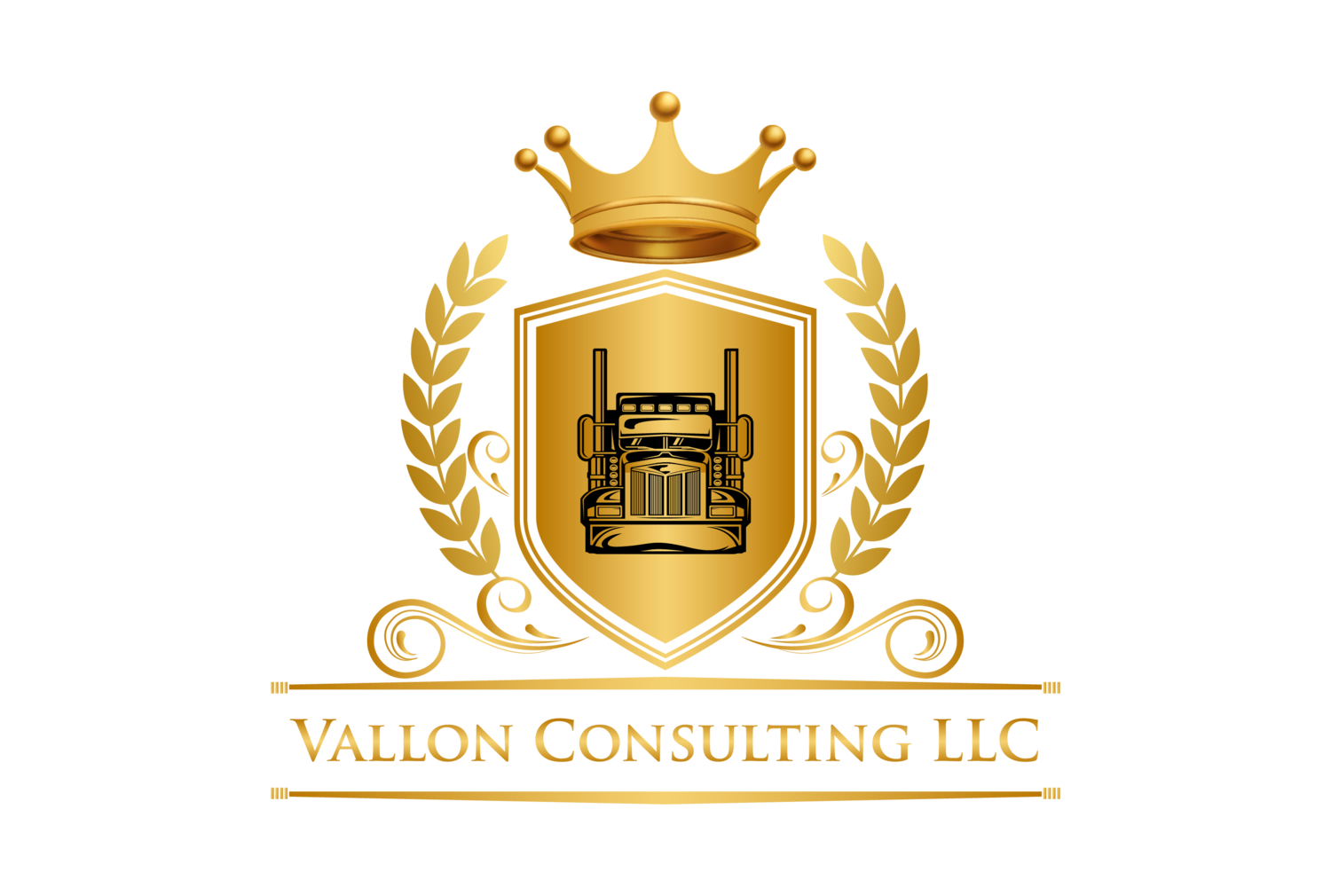What to know about the FMCSA Clearinghouse
As the main federal agency in charge of regulating and keeping an eye on the safety of commercial motor vehicles (CMVs), FMCSA's goal is to cut down on accidents, injuries, and deaths involving big trucks and buses.
FMCSA works with industry, safety advocates, and state and local governments to keep our roads safe and improve CMV safety through regulations, education, enforcement, research, and technology.
Drug & Alcohol Clearinghouse
With the Drug & Alcohol Clearinghouse, the Federal Motor Carrier Safety Administration (FMCSA) shows that it takes testing and reporting for drugs and alcohol seriously.
And now that the Clearinghouse is up and running, motor carriers must look up all current and potential drivers in the database. This is to ensure they don't get banned from driving commercial motor vehicles (CMVs) or doing other jobs important for safety because of unresolved drug or alcohol violations.
But because the information in the Clearinghouse is sensitive and can affect a person's job, carriers must get permission from drivers before they can ask questions about the system. They'll break the law and have to pay big fines if they don't.
Two Types of Clearinghouse Queries
As of January 2020, it will be against the law for motor carriers not to be registered in the system and not to use it to look up drivers.
Carriers must run two different kinds of queries: Limited and Full. Both need permission from the driver, but the type of permission depends on the query.
The employer must buy a query plan to run queries. Each query costs $1.25, and the only person who can buy the query plan is the employer.
Limited Clearinghouse Queries
Through limited inquiries, employers can determine whether or not the record of a driver in the Clearinghouse contains any information about resolved or unresolved drug or alcohol program violations. However, they do not make any specific violation information contained in the driver's Clearinghouse record available to the public.
Limited queries are run:
As annual checks on currently employed drivers
As ad hoc/periodic checks on drivers
Keep in mind that you can only search once a motorist has given their approval; after that, you are obligated to store the consent form in a safe place. If a driver is unwilling to consent, they must be taken out of service until all necessary questions have been answered.
Full Clearinghouse Queries
Full queries, on the other hand, let employers see more information about drug or alcohol program violations in a driver's Clearinghouse record than limited queries. They're managed:
Conduct a full query to release violation and/or return-to-duty details
Suppose this query is not conducted within 24 hours. In that case, the driver must be removed from operating a CMV or performing other safety-sensitive functions until the query is completed and the issue is resolved when a limited query has returned records on a driver.
Consent must be given electronically through the Clearinghouse for each full search done for each driver. If permission is given, a full search will be done, and if there are any violations or return-to-duty details, they will be given out.
If a driver refuses, you'll be notified, a query won't be run, and the driver won't be able to do safety-sensitive tasks until you can run the query.
DOT Clearinghouse Requirements for Keeping Records
Motor carriers must keep track of all DOT Clearinghouse checks and a copy of each driver's signed consent form.
These records must be kept for at least three years and in a safe, easy-to-reach place so that they can be found quickly if a DOT auditor asks for them.
This DOT record-keeping obligation will be satisfied for any employer on January 6, 2023, provided that the employer is registered with the Clearinghouse and maintains a valid registration, as three years' worth of inquiry data will have been recorded in the Clearinghouse itself by that time.
Offsite Audits on DOT Clearinghouse Record keeping
In 2019, the Federal Motor Carrier Safety Administration (FMCSA) started audits that were not done on-site. At that time, they were mostly used for safety audits and focused reviews but rarely for compliance.
In 2020, everything changed. The agency can now do compliance reviews and, based on the results, rate the safety of a carrier as "Satisfactory," "Conditional," or "Unsatisfactory." Before the COVID-19 pandemic, an Unsatisfactory rating could only be given after a DOT officer visited a motor carrier's place of business to check for compliance.
It's a privilege that the FMCSA has been using to its fullest. Between 2019 and 2021, state enforcement officials will do 400% more audits away from the site.
As a DOT-regulated motor carrier, you are expected to have a digital way to keep track of your records. When you are flagged for an audit, you must give all required paperwork in a digital format within 48 hours. In the past, you had 3–4 weeks to do this.
Now more than ever, you need to be ready for compliance audits.
Consequences for Non-Compliance
At the beginning of 2021, the DOT established a penalty fee of $5,833 for each and every breach of any of the Clearinghouse's regulations. All drivers, carriers, and medical review officers must comply with this regulation.
If you don't run the required queries, your compliance program could have holes, leading to fines. But there is an easier way, work with Vallon Consulting to ensure you meet the DOT Clearinghouse's requirements.
What happens if a driver fails a drug and/or alcohol test
You fail a drug or alcohol test if you test positive for drugs or if you have an alcohol level of 0.04 or more. If either of these happens, you will have to stop doing safety-sensitive tasks (like driving CMVs) right away until you have completed the return-to-duty process with the help of a DOT-qualified substance abuse professional.
Most of the time, refusing to take a drug or alcohol test is the same as testing positive for drugs or alcohol. You must stop doing safety-sensitive tasks (like driving CMVs) immediately until you have completed the return-to-duty process with a DOT-qualified professional in substance abuse.
Background of the FMCSA Clearinghouse
The Clearinghouse is a secure online database that gives real-time information about drug and alcohol program violations for people with a commercial driver's license (CDL) or a commercial learner's permit (CLP). Congress passed it to improve highway safety by keeping drivers who have broken the law off the roads and ensuring they get the evaluations and treatments they need before driving a CMV or doing other safety-sensitive tasks.
It also makes it easier for carriers to meet their pre-employment investigation and reporting requirements and for the FMCSA to check if an employer is meeting testing, investigation, and reporting requirements.
What information it has:
Report for duty or stay on duty for jobs that are important for safety if your blood alcohol level is .04 or higher or if you are using drugs other than those prescribed.
Use alcohol or drugs while doing a job that is important for safety or within four hours of doing it.
Use of alcohol or drugs within eight hours of an accident or until the post-accident test is done, whichever comes first.
Tests that show the use of certain drugs.
Refusing to take a test for drugs or alcohol is required.
Both motor carriers and drivers of commercial motor vehicles are required by federal law to register with the Clearinghouse. Consortia/third-party administrators (C/TPAs), medical review officers, and people who work in the field of substance abuse must also sign up.
Keeping up with all this is hard, and the numbers are shocking. The Clearinghouse has kept track of more than 46,000 violations, and more than 80% of those drivers are still not allowed to drive.
We can help
Vallon Consulting has a full DOT Clearinghouse program management service that helps you get permission from drivers and do full, limited, and follow-up queries. Learn more today!
About Vallon Consulting LLC: Vallon Consulting is A Full-Service Trucking Consulting Company that tackles some of the most critical challenges and obstacles in the trucking industry. Our diverse global team is passionate about helping carriers and fleet managers meet their goals and ensure business stability. We do this by providing services, solutions, resources, and education.
At Vallon Consulting, We Take A “No Carrier Left Behind” Approach. Our Mission is to provide services and resources that address our client’s unique needs. You can learn more about us online at www.vallonconsulting.com and stay tuned with industry updates by following us on Instagram, LinkedIn, Facebook, and Twitter.

